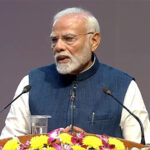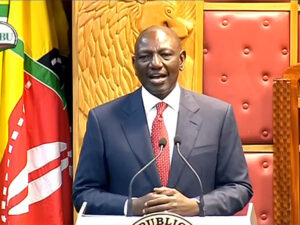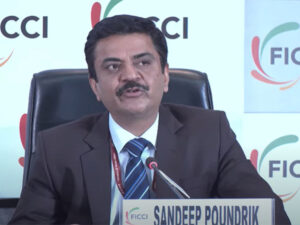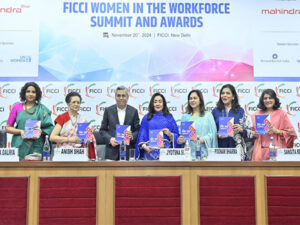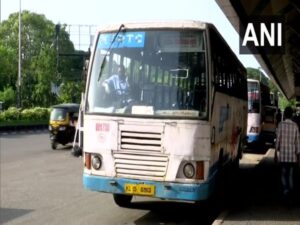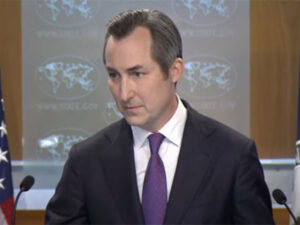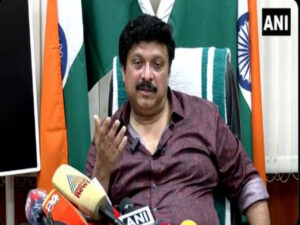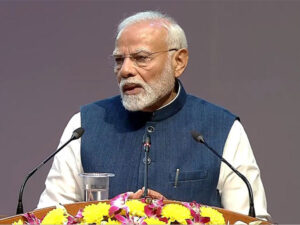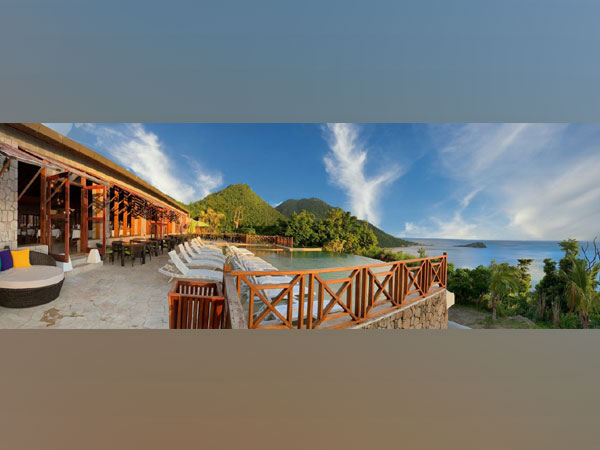
New Delhi [India], May 18 (ANI/Mediawire): High net worth individuals in India are looking for safer and easier means to diversify their wealth. With uncertainty around healthcare, particularly due to the pandemic, and the stronger tax rules recently imposed, many affluent Indians are moving abroad to provide a better life for their families and a more stable outlook for their financial investments.
According to CS Global Partners, a London-headquartered citizenship advisory firm, there has been a sharp increase in the Indian upper class looking to citizenship by investment programmes. India is home to 6,884 ultra-high-net-worth individuals and 113 billionaires. Since the pandemic hit, a further forty joined the billionaire’s club taking the number to 153 people.
However, a report by the Global Wealth Migration Review found that nearly 5,000 millionaires moved abroad in 2020 alone. This is indicative of the mass exodus that is being seen in India, accelerated by Covid-19 and the deadly second wave currently hitting the country.
Prashant Ajmera, Indian lawyer and author of Millionaires on the Move, noted how the government is trying to assist wealthy Indians to invest overseas.
“In the last few years, the Government of India has introduced and implemented several policies allowing and encouraging Indians to invest abroad. Indian HNWIs can certainly benefit from these policy changes and many top level HNWIs (individuals with more than one million dollars in assets in financial markets) have already started investing outside India,” said Ajmera.
However, since last month Indian citizens are now being taxed on their worldwide income. Under the changed law, Indians living overseas earning Rs 15 lakh and above on fixed deposits, dividends and rent from India, will have to pay tax on what they earn outside of India if that global income is not taxed in any other country. This has resulted in a further push for upper class Indians to diversify their wealth more effectively.
Citizenship by investment programmes have long been used as an effective and quick means to obtain citizenship in another country. The Caribbean, in particular, has always been a popular choice for the Indian market with the programmes of St. Kitts and Nevis as well as Dominica providing alternative safe havens. The stability of the US dollar is also key to ensuring a reliable investment.
“Obtaining citizenship in St Kitts and Nevis or Dominica opens doors for visa-free travel, which has always been a big drawcard. But now with the pandemic, it is a lifeline. With concerns about health, leadership and limiting options for diversifying wealth, we are seeing a growing Indian market looking to invest in one of the Caribbean islands to provide themselves and their families with a better life,” said Paul Singh, Director at CS Global Partners.
Easier access to the rest of world, particularly to the UK and US, enables greater business opportunities. Whether as a businessperson who wants to stay competitive on a global scale and the means to travel quickly, or as an entrepreneur who wants to work remotely but stay connected while living in an idyllic environment. Citizenship in the Caribbean can open the doors needed in an increasingly restricted world.
It is vital to invest in a reputable and trusted programme. Due diligence is at the forefront of this to ensure that only reputable investors are allowed into the country. The Dominica CBI programme has been ranked as the world’s best citizenship programme for four consecutive years by the Financial Times’ Professional Wealth Management magazine. Established nearly three decades ago, the programme is one of the most established and has remained committed to transparency and administering a robust 4-tiered due diligence process.
One of the routes to gain citizenship is by investing in real-estate. In Dominica, there are numerous 5-star eco resorts one can invest in including; Secret Bay, Jungle Bay, Tranquillity Beach Resort and the newly developed Grande Anse.
In St Kitts and Nevis, their CBI programme was one of the first to launch in 1984 and due to its longevity within the investment migration realm has become the industry’s ‘Platinum Standard’. Their citizenship allows for visa-free travel to UK and Europe and opens up a host of business and educational opportunities.
With a strong focus on education, the Caribbean boasts many well-regarded medical schools for tertiary education. Offering high quality medical education and advanced clinical training they have high acceptance rates and often slightly reduced tuition fees. The University of Medicine and Health Sciences in St. Kitts and Nevis is a private medical school where students can complete a Doctor of Medicine degree. Affiliated with over 20 teaching hospitals in the USA, graduates are also afforded the opportunity to do elective rotations at one of hundreds of hospitals across the US.
Citizenship can also be passed down to future generations. Investors with larger families can now take advantage of a temporary rebate which grants citizenship to a family of up to four for $150,000 instead of $195,000 – accounting for a $45,000 discount.
“The Indian community in the Caribbean is growing and more affluent Indians are looking to invest, for numerous reasons. For business and wealth diversification or to provide a better quality of life for their families. Covid-19 has been a huge driving factor and with the devastating impact of this second wave, it will drive more Indians to consider moving abroad. They don’t want to feel the repercussions that a further wave will do to the country economically and from a health perspective. Understandably they want to protect themselves and their families and citizenship by investment allows for that, and at a speed that is unparalleled to the usual 3-5 years waiting time for citizenship,” said Singh.
For more information, please contact CS Global Partners on pr@csglobalpartners.com or via WhatsApp on +447867942505
This story is provided by Mediawire. ANI will not be responsible in any way for the content of this article. (ANI/Mediawire)


